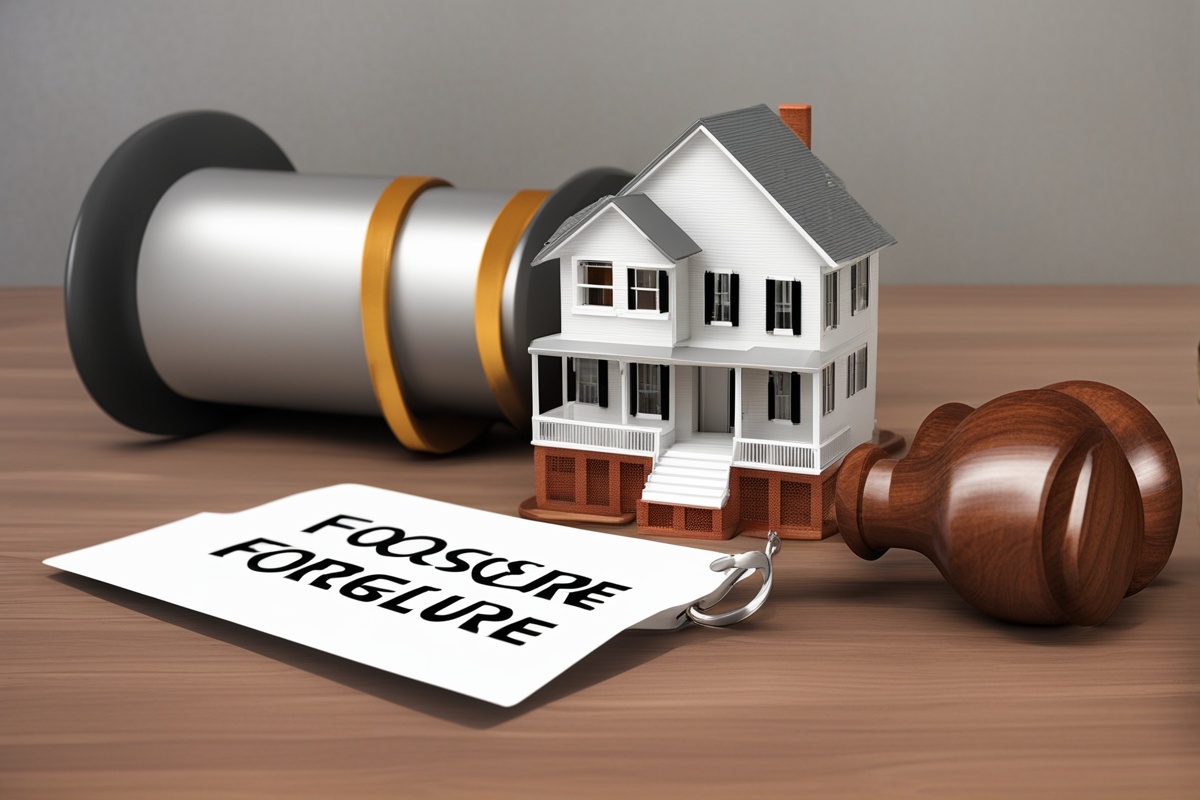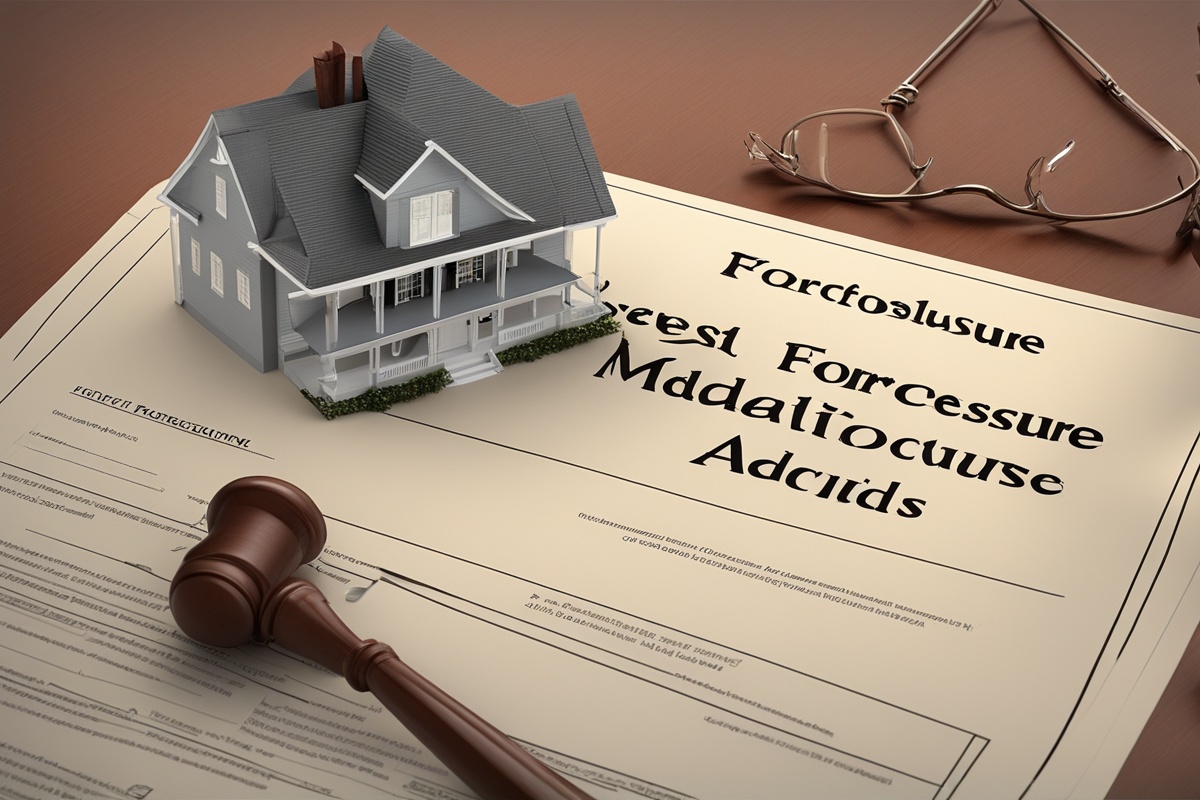Losing a home to foreclosure is a deeply challenging experience that can leave homeowners feeling overwhelmed and uncertain about their future. However, there are pathways to navigate this difficult situation through various home loss solutions. By understanding options like foreclosure mediation, loan modifications, and other alternatives, homeowners can regain control and work toward a resolution. This post will explore the concept of Navigating Home Loss Solutions, offering actionable insights and resources to help individuals facing foreclosure find a way forward.
Understanding Foreclosure and Its Impact
Foreclosure occurs when a homeowner is unable to keep up with mortgage payments, leading the lender to take legal action to repossess the property. This process not only results in the loss of a home but can also severely damage credit scores, making it harder to secure future housing or loans. The emotional toll of foreclosure is equally significant, often causing stress and uncertainty for families. Recognizing the gravity of this situation is the first step in navigating home loss solutions. By addressing the issue early, homeowners can explore options that may prevent or mitigate the consequences of foreclosure.
What Is Foreclosure Mediation and How Can It Help?
Foreclosure mediation is a structured process where a neutral third party facilitates discussions between the homeowner and the lender to reach a mutually beneficial agreement. This process is often mandated or offered in certain states as part of the foreclosure proceedings. Mediation provides a platform for homeowners to explore alternatives to foreclosure, such as loan modifications, repayment plans, or even a graceful exit through a short sale. When navigating home loss solutions, mediation can be a critical tool, offering a chance to avoid the full impact of foreclosure while fostering communication with the lender. To learn more about how mediation works in your area, check out our detailed guide on Understanding the Foreclosure Mediation Process.
Exploring Loan Modifications as a Key Solution
One of the most common outcomes of foreclosure mediation is a loan modification, which adjusts the terms of the original mortgage to make payments more affordable. This could involve reducing the interest rate, extending the loan term, or even forgiving a portion of the principal balance. Loan modifications are often a lifeline for homeowners struggling with financial hardship. When navigating home loss solutions, it’s essential to understand the eligibility criteria for modifications and to prepare the necessary documentation, such as proof of income and a hardship letter. For tips on preparing for a loan modification, visit our post on How to Apply for a Loan Modification.
Short Sales and Deeds in Lieu: Alternatives to Foreclosure
If retaining the home is not feasible, homeowners can consider alternatives like a short sale or a deed in lieu of foreclosure. A short sale involves selling the property for less than the outstanding mortgage balance, with the lender’s approval, to avoid foreclosure. A deed in lieu, on the other hand, allows the homeowner to transfer the property title to the lender in exchange for debt forgiveness. Both options can be less damaging to credit than a full foreclosure and may be negotiated during mediation. Navigating home loss solutions often requires weighing these alternatives to determine the best path forward. For a deeper dive into short sales, read our article on Short Sale Basics for Homeowners.
The Role of Legal Assistance in Foreclosure Mediation
While foreclosure mediation is designed to be a collaborative process, having legal representation can significantly improve outcomes. An attorney or housing counselor can help homeowners understand their rights, prepare for mediation sessions, and negotiate with lenders. Legal assistance is particularly valuable when navigating home loss solutions, as it ensures that homeowners are not taken advantage of and that all possible options are explored. Many states offer free or low-cost legal aid for foreclosure cases, which can be a vital resource. To find legal support in your area, explore our resource page on Finding Legal Aid for Foreclosure Cases.
Emotional and Financial Recovery After Foreclosure
Even if foreclosure cannot be avoided, recovery is possible. Rebuilding credit, finding stable housing, and addressing the emotional impact are all crucial steps in moving forward. Financial recovery might involve working with credit counselors to repair credit scores or creating a budget to regain financial stability. Emotionally, support groups or counseling can help individuals and families cope with the loss of a home. Navigating home loss solutions doesn’t end with mediation or foreclosure; it extends into the recovery phase, where proactive steps can lay the foundation for a brighter future. For more on rebuilding after foreclosure, see our guide on Steps to Financial Recovery After Foreclosure.
Disclaimer: The information provided in this post is for general informational purposes only and should not be construed as legal or financial advice. Foreclosure laws and mediation processes vary by state and individual circumstances. We strongly recommend consulting with a qualified attorney, housing counselor, or financial advisor to discuss your specific situation and explore the best options for navigating home loss solutions. The authors and publishers of this content are not responsible for any actions taken based on the information provided herein.
References
- U.S. Department of Housing and Urban Development (HUD) – Avoiding Foreclosure
- Consumer Financial Protection Bureau (CFPB) – What is Foreclosure Mediation?
- Nolo – Foreclosure Mediation Programs: How They Work
- Federal Reserve – Foreclosure Resources for Consumers
- American Bar Association – Foreclosure Legal Assistance Resources
This content is for informational purposes only and not a substitute for professional advice.





